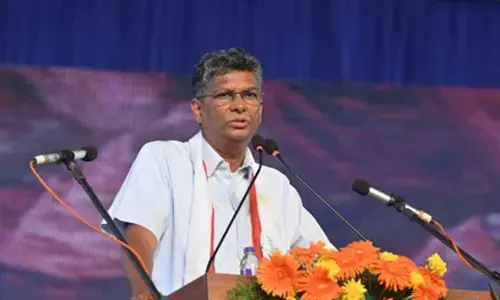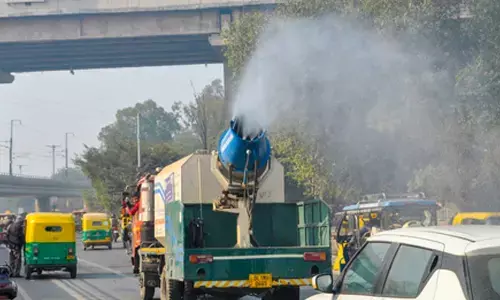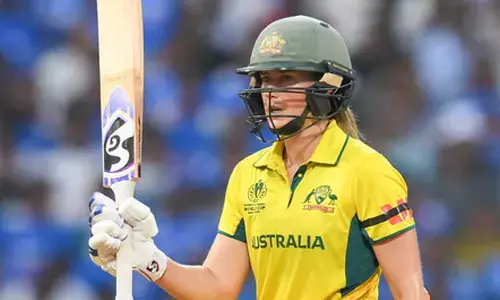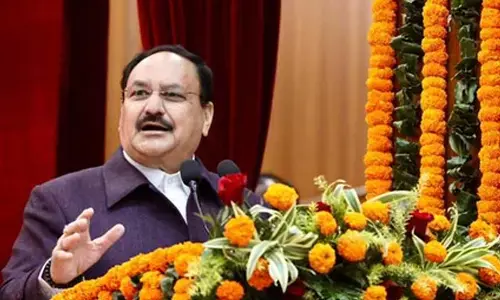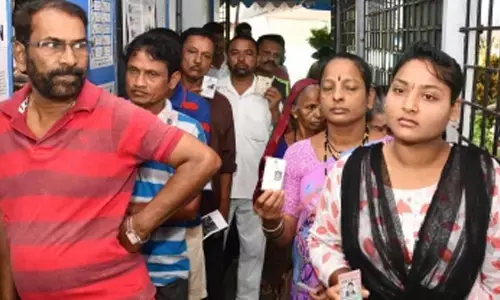The sleep crisis
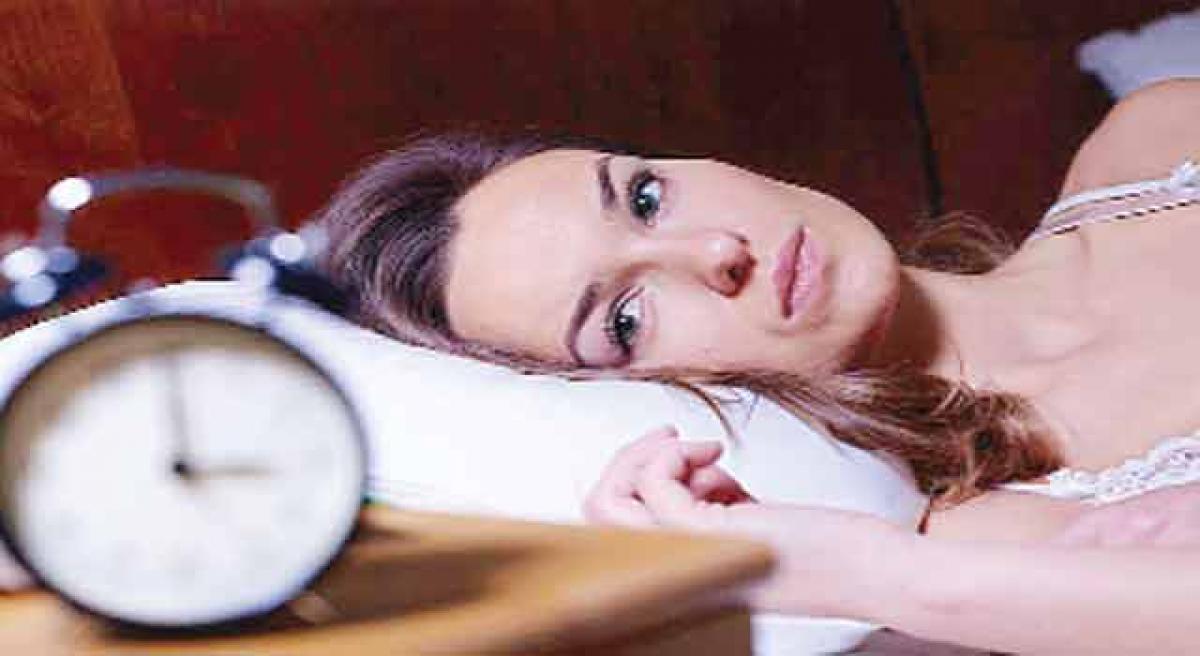
Sarvshreshth Gupta was a first-year analyst at Goldman Sachs in San Francisco in 2015. Overwhelmed by the hundred-hour workweeks, he decided to leave the bank in March. He soon returned, though whether this was a result of social or self-inflicted pressure is still unclear. A week later, he called his father at 2:40 a.m. saying he hadn’t slept in two days.
Sarvshreshth Gupta was a first-year analyst at Goldman Sachs in San Francisco in 2015. Overwhelmed by the hundred-hour workweeks, he decided to leave the bank in March. He soon returned, though whether this was a result of social or self-inflicted pressure is still unclear. A week later, he called his father at 2:40 a.m. saying he hadn’t slept in two days.
He said he had a presentation to complete and a morning meeting to prepare for, and was alone in the office. His father insisted he go home, and Gupta replied that he would stay at work just a bit longer. A few hours later, he was found dead on the street outside his home. He had jumped from his high-rise building.
Death from overwork has its own word in Japanese (karoshi), in Chinese (guoluosi), and in Korean (gwarosa). No such word exists in English, but the casualties are all around us. And though this is an extreme example of the consequences of not getting enough sleep, sleep deprivation has become an epidemic.
It is a specter haunting the industrialized world. Simply put: we don’t get enough sleep. And it’s a much bigger problem—with much higher stakes—than many of us realize. Both our daytime hours and our nighttime hours are under assault as never before.
As the amount of things we need to cram into each day has increased, the value of our awake time has skyrocketed. Benjamin Franklin’s “Time is money!" has become a corporate—world mantra.
And this has come at the expense of our time asleep, which since the dawn of the Industrial Revolution we have treated like some dull, distant relative we visit only reluctantly and out of obligation, for as short a time as we can manage.
Scientists are resoundingly confirming what our ancestors knew instinctively: that our sleep is not empty time. Sleep is a time of intense neurological activity— a rich time of renewal, memory consolidation, brain and neurochemical cleansing,
and cognitive maintenance. Properly appraised, our sleeping time is as valuable a commodity as the time we are awake.
In fact, getting the right amount of sleep enhances the quality of every minute we spend with our eyes open. But today much of our society is still operating under the collective delusion that sleep is simply time lost to other pursuits, that it can be endlessly appropriated at will to satisfy our increasingly busy lives and overstuffed to—do lists.
We see this delusion reflected in the phrase "I’ll sleep when I’m dead,” which has hooded popular consciousness, including a hit Bonjovi song, an album by the late rocker Warren Zevon, and a crime film starring Clive Owen. Everywhere you turn, sleep deprivation is glamorized and celebrated: "You snooze, you lose." The phrase "catch a few z’s” is telling: the last letter of the alphabet used to represent that last thing on our culture’s shared priority list.
The combination of a deeply misguided definition of what it means to be successful in today’s world—that it can come only through burnout and stress—along with the distractions and temptations of a 24/7 wired world, has imperiled our sleep as never before.
I experienced firsthand the high price we’re paying for cheating sleep when I collapsed from exhaustion, and it pains me to see dear friends (and strangers) go through the same struggle. Rajiv Joshi is the managing director of the B Team—a nonprofit on whose board I serve, founded by Richard Branson and Jochen Zeitz to help move business beyond profit as the only metric of success.
In June 2015, he had a seizure at age thirty-one during a B Team meeting in Bellagio, Italy, collapsing from exhaustion and sleep deprivation. Unable to walk, he spent eight days in a hospital in Bellagio and weeks after in physical therapy. In talking with medical experts, he learned that we all have a "seizure threshold," and when we don’t take time to properly rest, we move closer and closer to it.
Rajiv had crossed his threshold and fallen off the cliff. "The struggle for a more just and sustainable world," he told me when he was back at work, "is a marathon, not a sprint, and we can’t forget that it starts at home with personal sustainability."
According to a recent Gallup poll, 40 percent of all American adults are sleep—deprived, clocking significantly less than the recommended minimum seven hours of sleep per night. Getting enough sleep, says Dr. Judith Owens, the director of the Center for Pediatric Sleep Disorders at Boston Children’s Hospital, is "just as important as good nutrition, physical activity, and wearing your seat belt." But most people hugely underestimate their need for sleep.


